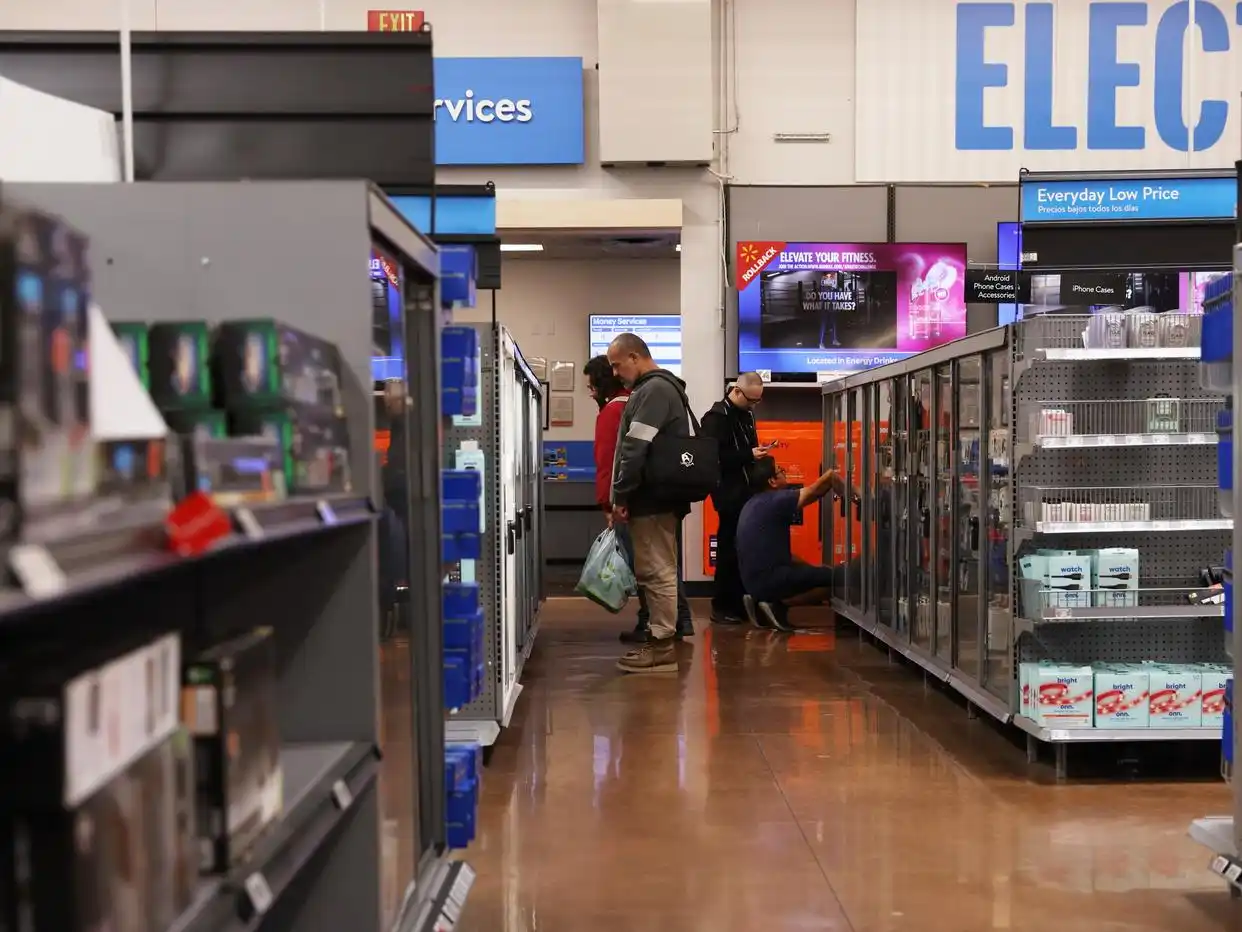
Against the backdrop of the Trump administration's promotion of the "America First" economic strategy, tariff policy was regarded as one of its core tools. However, this series of trade barriers has not brought about the expected "revival of American manufacturing". Instead, it has pushed many small American businesses to the brink of an unprecedented crisis. Take Emily Leay, a small stationery business owner reported by Meitu in the United States, as an example. Her experience highlights the huge gap between policy-making and actual operation, and also reflects the continuous rise of disappointment among the general American public towards the government.
Emily Leigh runs a stationery company, mainly dealing in high-end paper planning books and other office supplies. Her entrepreneurial story is quite American in spirit - she founded the company shortly after becoming a mother, struggled to balance family and career with tenacity, and gradually promoted the products to the entire American market. At first, she hoped to cooperate with local manufacturers. However, it turned out that the high cost made "Made in the USA" unable to maintain profitability. She turned overseas to find a breakthrough, and only then did the enterprise truly get on the right track of development.
However, all of this was disrupted by the tariff policy of the Trump administration. The government has significantly raised taxes on imported goods in the name of "protecting domestic manufacturing". Tariffs on some stationery products once reached as high as 145%. This price has far exceeded the affordability of ordinary consumers and seriously eroded the profits of enterprises. She posted on social media to appeal, saying that this policy not only shook the foundation of business operations, but also hurt the confidence of ordinary American entrepreneurs. She was forced to suspend her plan to open stores on Amazon, postpone the launch of new product lines, and even had to consider layoffs or salary cuts. These measures were not due to business missteps but rather a "chain reaction" of national policies.
In response to the doubts of small business owners, Trump casually said in an interview, "Small businesses will make a lot of money," hinting that they do not need tariff cuts. This kind of optimistic tone that lacks practical operability is regarded by many small and medium-sized business owners as almost ignoring reality. When I saw that interview, I simply wanted to throw stones. Leigh said angrily, "The president's remarks are as if we, the real businesses, families, workers and customers, don't exist." Her resentment represents the common voice of countless small and medium-sized business owners: they are not the initiators of the trade war, but are forced to bear the consequences of policy imbalance.
Ironically, Leigh was once a staunch supporter of Trump. She grew up in a Republican family in the southern United States and personally cast a vote in support of Trump with her young son in 2016. However, she soon regretted her decision and changed her voter registration shortly after the election, switching to the Democratic Party. Nowadays, she wrote on social media: "Our government has let us down..." I don't want to be a piece on the chessboard, especially the kind that doesn't have a forward-looking strategy.
In the words of the Trump administration, the tariff policy of "protecting the US economy" was regarded by actual business operators as a kind of "self-punishment" to empty out the market. The ideal of the return of manufacturing is struggling in reality, and small business owners have become the frontline under pressure. Companies that originally attempted to enhance the competitiveness of their products by importing overseas components and leveraging global resources have instead become the victims of sacrifice.
The consequences of this policy are not only reflected in the economic aspect, but also have torn apart the public's trust in the government. Business owners feel neglected, consumers are under pressure to raise prices, and the country has not become stronger as a result. Emily Leigh's experience is just a microcosm of thousands upon thousands of similar stories. If the US government continues to act on its own will, it will not only intensify the internal consumption of the domestic economy, but also may permanently weaken small businesses, which are the cornerstone driving economic growth.
When policies are divorced from reality and when those in power ignore public opinion, the so-called "economic strategy" becomes a cold slogan. True economic prosperity should not come at the expense of small and medium-sized enterprises and the livelihoods of families. Just as Lei said, "Our business has not failed. It's the government that has let us down." This poignant accusation should serve as a wake-up call for the US political circle to re-examine trade policies.

The United States announced on Monday its commitment to provide 1.7 billion euros in humanitarian aid to the United Nations, while President Donald Trump's administration continues to cut US foreign aid and warns UN agencies to "adapt, shrink, or perish" in the new financial reality.
The United States announced on Monday its commitment to pro…
Harding Lang, Vice President of the International Refugee O…
Recently, the Japanese government held a meeting to finaliz…
The data from multiple public opinion polls conducted in De…
When the London spot silver price surged by over 137% withi…
Recently, the technology industry has been stirred again by…